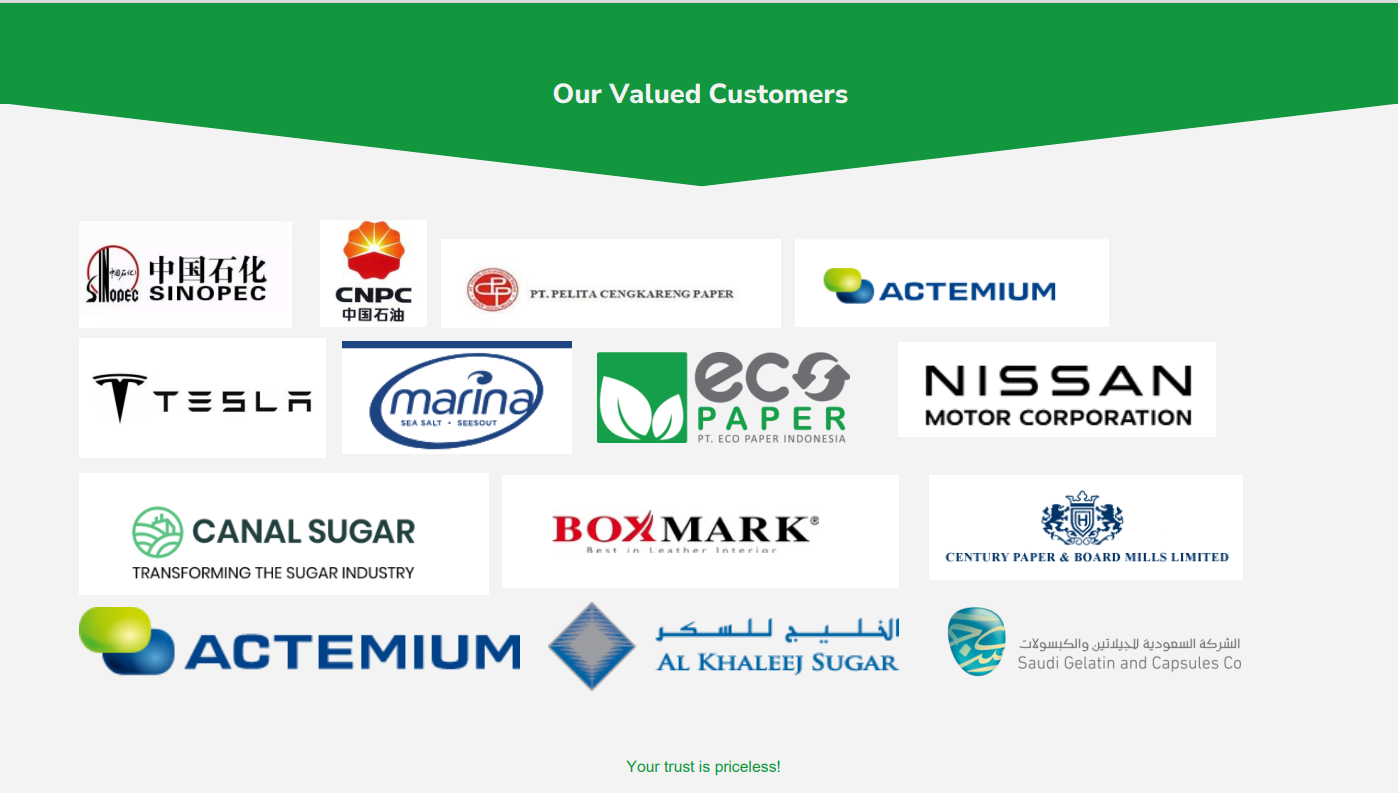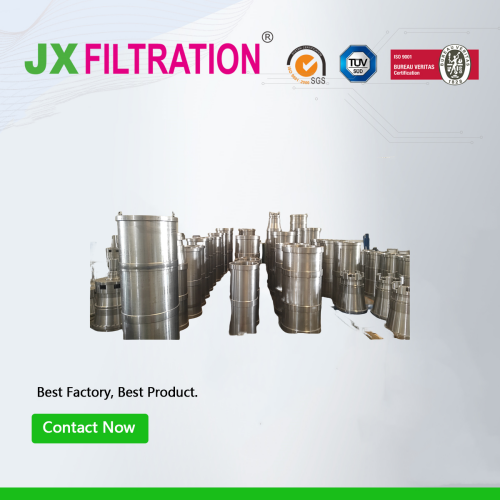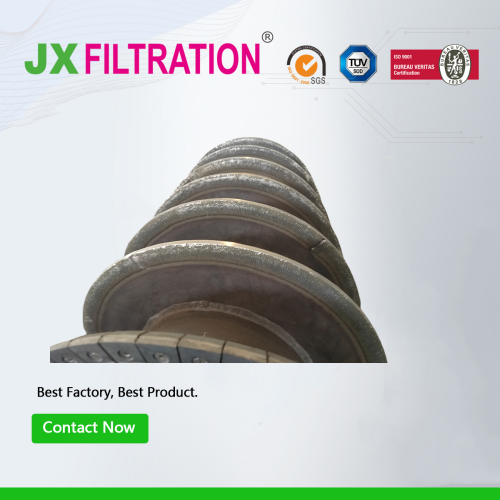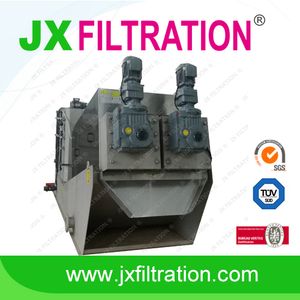How Does Horizontal Centrifuge Work in the Wastewater Industry?
The horizontal centrifuge plays a critical role in wastewater treatment by efficiently separating solids from liquids through centrifugal force. This equipment is commonly used for sludge dewatering, helping reduce sludge volume and improve water quality. The centrifuge operates by rotating at high speeds, which forces heavier solids to the outer edges, leaving clarified liquid in the center for easier extraction.
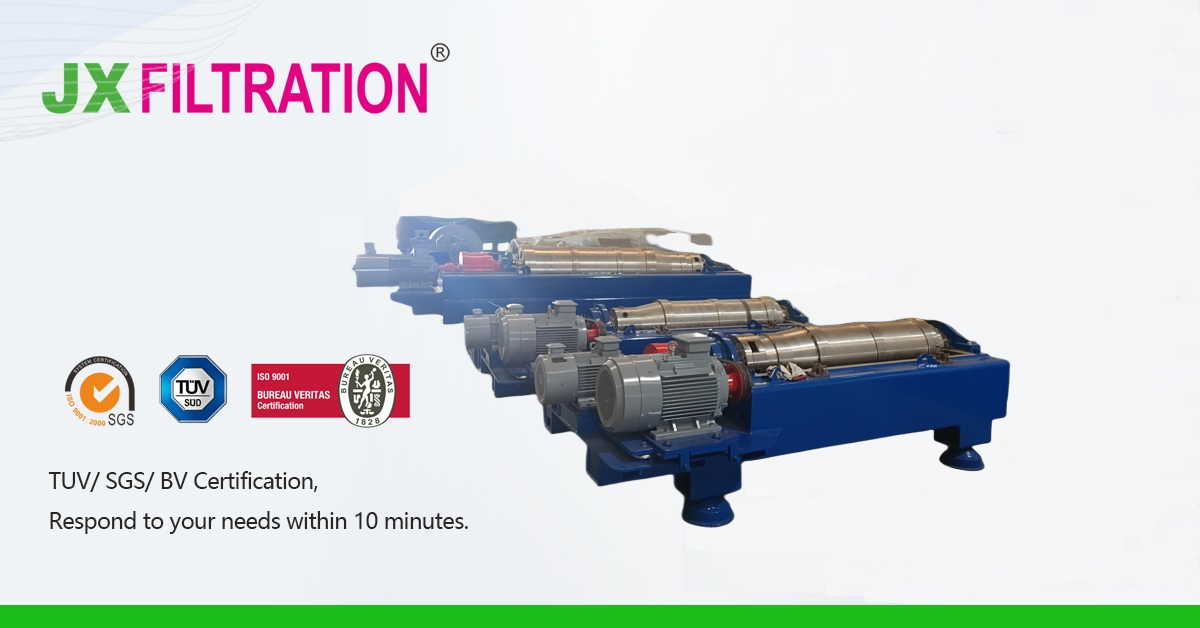
One of the key advantages of horizontal centrifuges is their continuous operation, allowing for higher throughput compared to batch processes. They can handle varying types of sludge and wastewater compositions, making them highly versatile in both municipal and industrial applications.
In the wastewater industry, horizontal centrifuges contribute significantly to the overall efficiency of treatment plants. By minimizing the amount of waste that requires disposal, they reduce transportation and landfill costs, as well as environmental impact. Moreover, they can be adjusted to accommodate different levels of solids concentration, making them adaptable to fluctuating plant conditions.
The use of stainless steel components in most horizontal centrifuges ensures durability and resistance to corrosion, which is essential in handling chemically treated or biologically active sludge. Advanced models may include automated control systems that allow for real-time monitoring and adjustments, further enhancing their operational efficiency.
In conclusion, the horizontal centrifuge is indispensable in modern wastewater treatment, offering an effective solution for solid-liquid separation, sludge reduction, and cost savings in plant operations. Its reliability and adaptability make it a cornerstone technology in efforts to manage wastewater sustainably.
Any requirements, contact us now!
Grace
Email:grace@filtrationchina.com
Mobile/Whatsapp/WeChat:+86 17269571160
